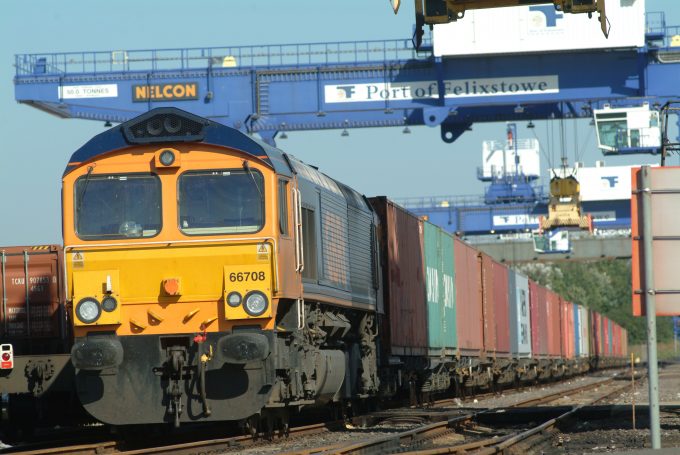GXO claims Wincanton takeover will not hurt UK food retailers
The world’s largest pure-play contract logistics operator (PPCLO), GXO, has argued that its intended acquisition ...

GB Railfreight is set to launch its eighth daily intermodal service out of Felixstowe next week.
Although its destination and key customer remain unannounced, John Smith, GB Railfreight managing director, said Network Rail, the UK’s rail infrastructure provider, needed to continue investing in the network to ...
Keep our news independent, by supporting The Loadstar
Red Sea crisis has driven most new capacity into extended Asia-Europe trades
Rapid transpacific capacity build-up continues – can USWC ports handle it?
Crew forced to abandon ship in latest fire on vessel carrying EVs
The Loadstar Podcast | Transport Logistic and Air Cargo Europe 2025
Carrier price hikes hold, driving spot rates higher as space gets scarcer
Carriers on the hunt for open tonnage again as transpacific rates soar
Uncertainty drives Yang Ming fleet boost as focus switches to Asia-Europe trades
Asia-West Africa ULCV deployment opens new markets for carriers
Project cargo: oversized and heavy, posing risks outside the norm for ports
Turkish Airlines falls foul of air safety regulations, claims India's aviation authority

Comment on this article